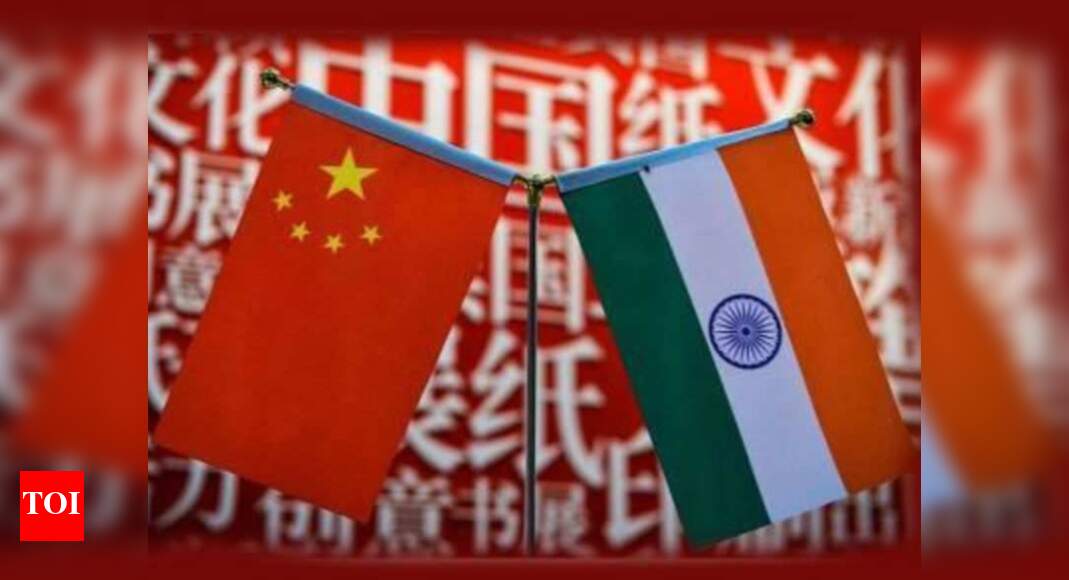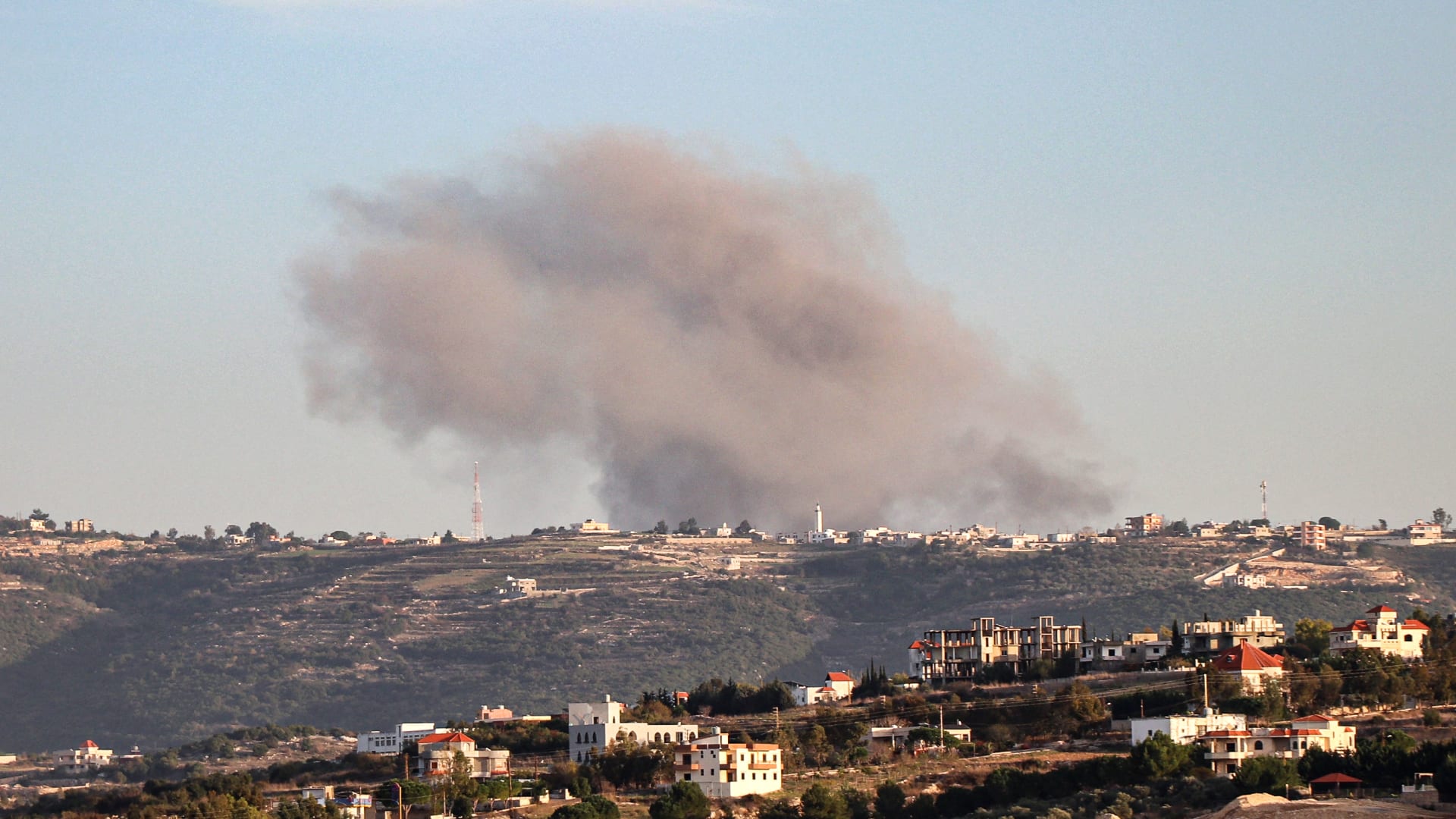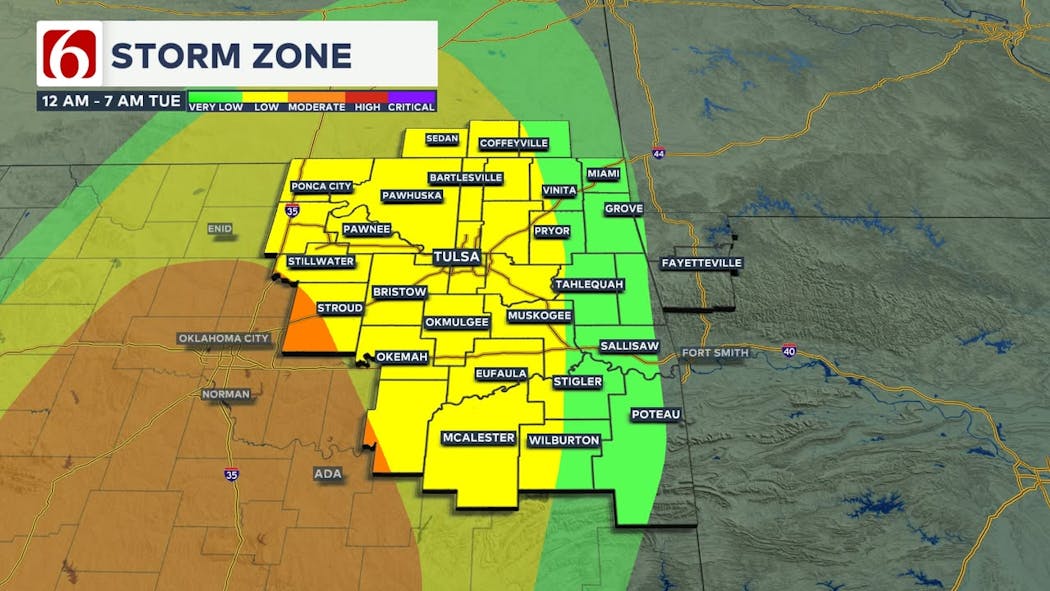India Rejects De-escalation, Demands Justice After Rubio's Statement

Table of Contents
Analysis of Senator Rubio's Statement and its Impact
The Content of Rubio's Statement:
Senator Rubio's statement, delivered on [Date of statement], focused on [Specific event or issue]. While the exact wording requires verification from official sources, key points included:
- [Bullet point summarizing a key point from the statement, including a direct quote if available.]
- [Bullet point summarizing another key point, potentially highlighting a perceived inaccuracy.]
- [Bullet point summarizing a third key point, mentioning the specific context or event Rubio addressed.]
The statement, in essence, [Summarize the overall tone and implication of the statement].
India's Perception of the Statement:
India viewed Senator Rubio's statement as [Describe India's perception - e.g., unfair, biased, inaccurate, inflammatory]. The reasons behind this strong reaction include:
- [Bullet point explaining a reason for India's strong reaction, e.g., misrepresentation of facts.]
- [Bullet point explaining another reason, e.g., undermining India's sovereignty.]
- [Bullet point explaining a third reason, e.g., ignoring India's perspective on the issue.]
The perceived inaccuracies and biased tone sparked concerns about potential damage to the India-US relationship and created a climate of mistrust.
International Reactions to Rubio's Statement:
The international community reacted with a range of responses to Senator Rubio's statement. Some nations:
- [Bullet point summarizing a supportive reaction from another nation.]
- [Bullet point summarizing a neutral reaction.]
- [Bullet point summarizing a critical or opposing reaction.]
The varied responses highlight the complexity of the issue and the differing interpretations of the events.
India's Official Response and Demands for Justice
Official Statements from the Indian Government:
The Indian government swiftly responded to Senator Rubio's statement through official channels. The Ministry of External Affairs issued a statement [Date of statement] which:
- [Include a direct quote from the official statement.]
- [Summarize another key point from the official response.]
- [Mention any specific actions taken, like summoning the US ambassador.]
India's Justification for Rejecting De-escalation:
India's refusal to de-escalate stems from its commitment to justice and accountability. The nation's stance is grounded in:
- [Bullet point explaining a key principle upholding India's position, e.g., international law.]
- [Bullet point explaining another principle, e.g., upholding national interests.]
- [Bullet point explaining a third principle, e.g., protecting its citizens.]
The Nature of Justice Sought by India:
India seeks [Specify the form of justice sought – e.g., a full investigation into the matter, appropriate action against those responsible, and possibly reparations]. Specifically, India expects:
- [Bullet point outlining a specific action India expects, e.g., an apology.]
- [Bullet point outlining another expected action, e.g., an independent investigation.]
- [Bullet point outlining a third expected action, e.g., accountability for those involved.]
Potential Consequences and Future Implications
Impact on India-US Relations:
The incident casts a shadow over the India-US relationship. Potential short-term consequences include:
- [Bullet point describing a potential short-term consequence, e.g., strained diplomatic ties.]
- [Bullet point describing another potential short-term consequence, e.g., delays in joint projects.]
Long-term effects depend on how the situation is handled, potentially impacting future collaborations in areas like defense and technology.
Geopolitical Ramifications:
The situation has broader geopolitical ramifications, influencing:
- [Bullet point discussing a potential geopolitical impact, e.g., regional stability.]
- [Bullet point discussing another potential geopolitical impact, e.g., shifting alliances within the region.]
The outcome will have consequences for regional power dynamics and international norms concerning accountability and diplomacy.
Conclusion: India's Resolve: The Path Forward After the Rubio Statement
India's rejection of de-escalation and its unwavering demand for justice demonstrate a firm commitment to its principles. The reasons behind this stance are clear: upholding international norms, defending national interests, and seeking accountability for perceived injustices. To understand the evolving narrative on "India rejects de-escalation" and its implications, follow updates from reputable news sources and official government channels. Staying informed is crucial in navigating this complex and developing situation.

Featured Posts
-
 Sony Compensates Play Station Users For Christmas Voucher Issue
May 03, 2025
Sony Compensates Play Station Users For Christmas Voucher Issue
May 03, 2025 -
 Oklahoma Severe Weather Timeline Strong Winds Expected
May 03, 2025
Oklahoma Severe Weather Timeline Strong Winds Expected
May 03, 2025 -
 Astwl Alhryt Lghzt Tfasyl Alhjwm Alisrayyly Walntayj
May 03, 2025
Astwl Alhryt Lghzt Tfasyl Alhjwm Alisrayyly Walntayj
May 03, 2025 -
 Strong Winds In Oklahoma A Severe Weather Timeline
May 03, 2025
Strong Winds In Oklahoma A Severe Weather Timeline
May 03, 2025 -
 Bbcs 1bn Income Drop Unprecedented Challenges Ahead
May 03, 2025
Bbcs 1bn Income Drop Unprecedented Challenges Ahead
May 03, 2025
